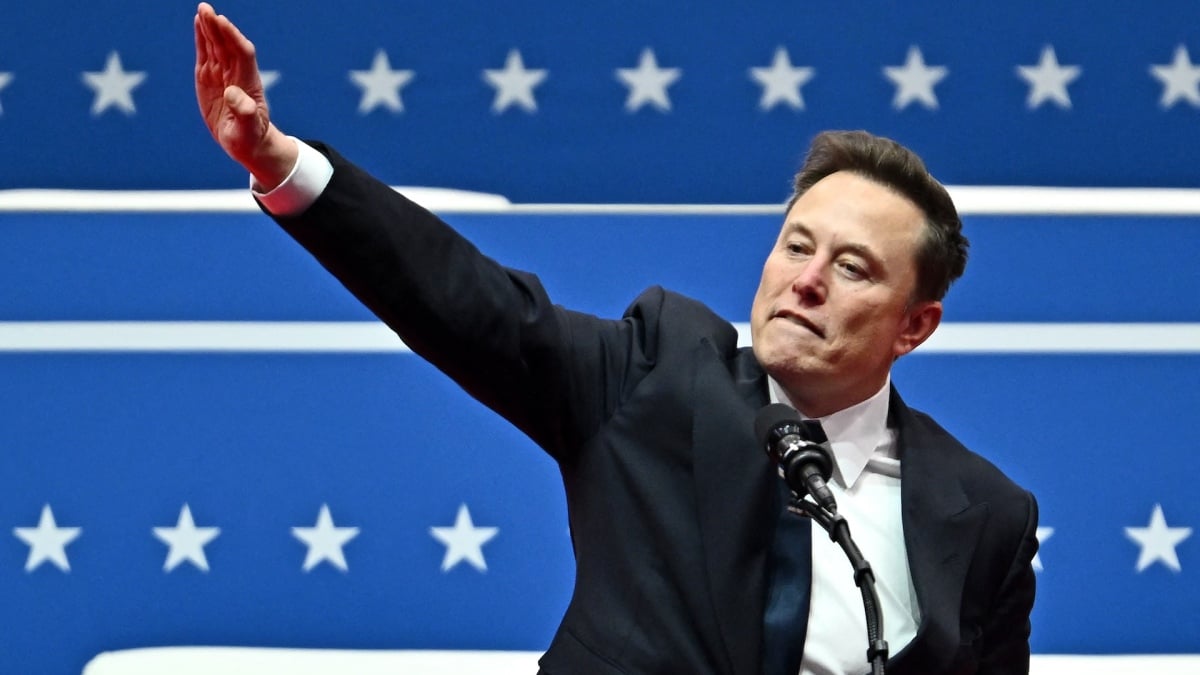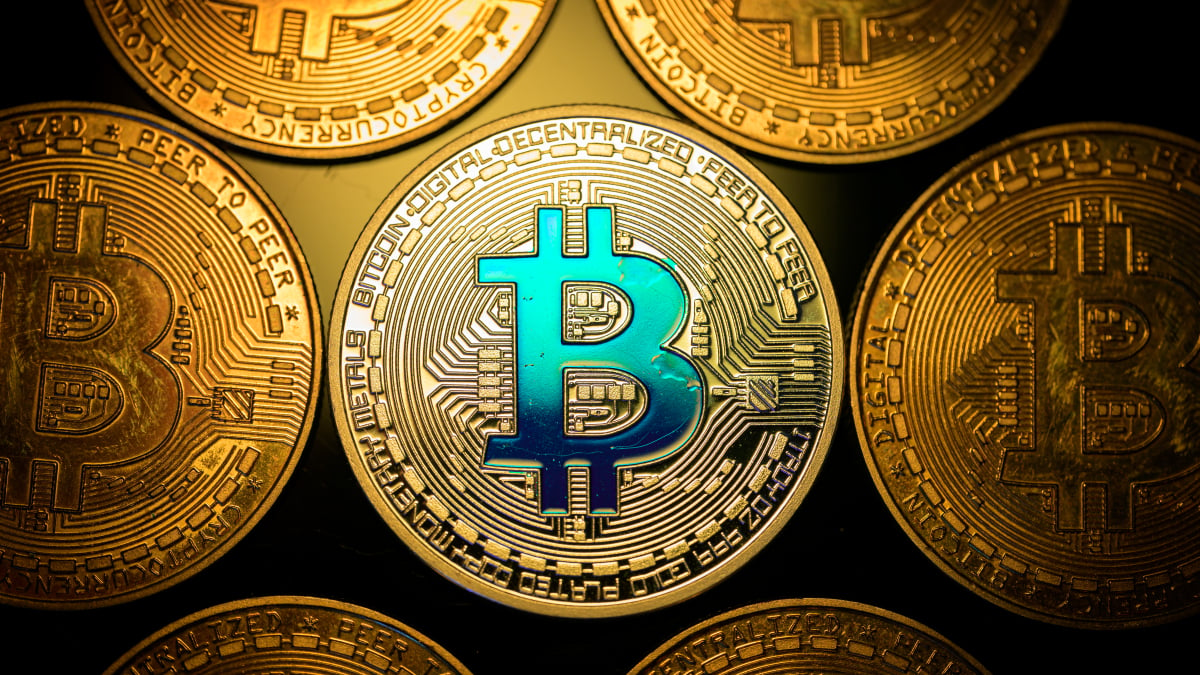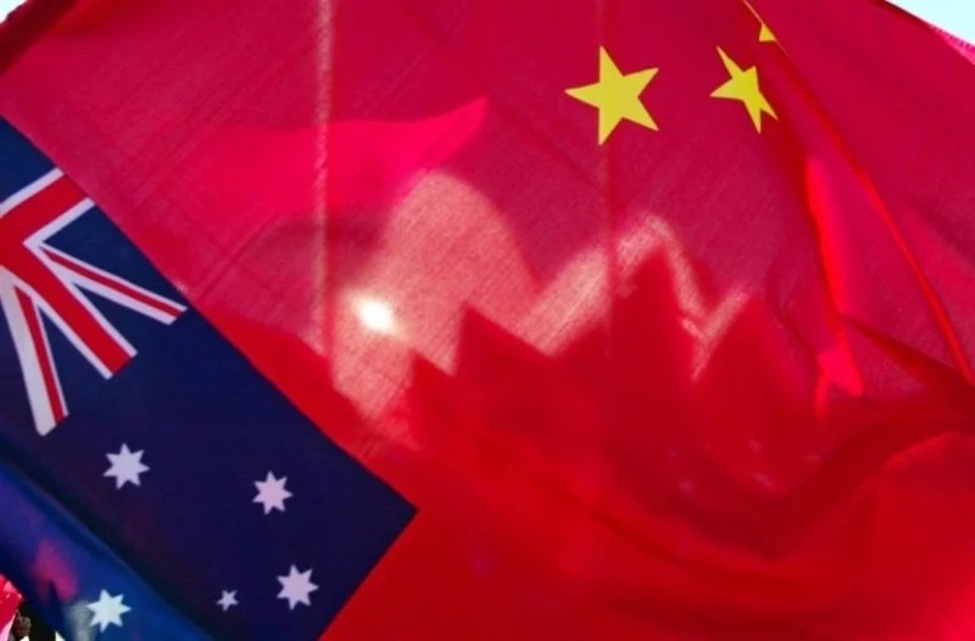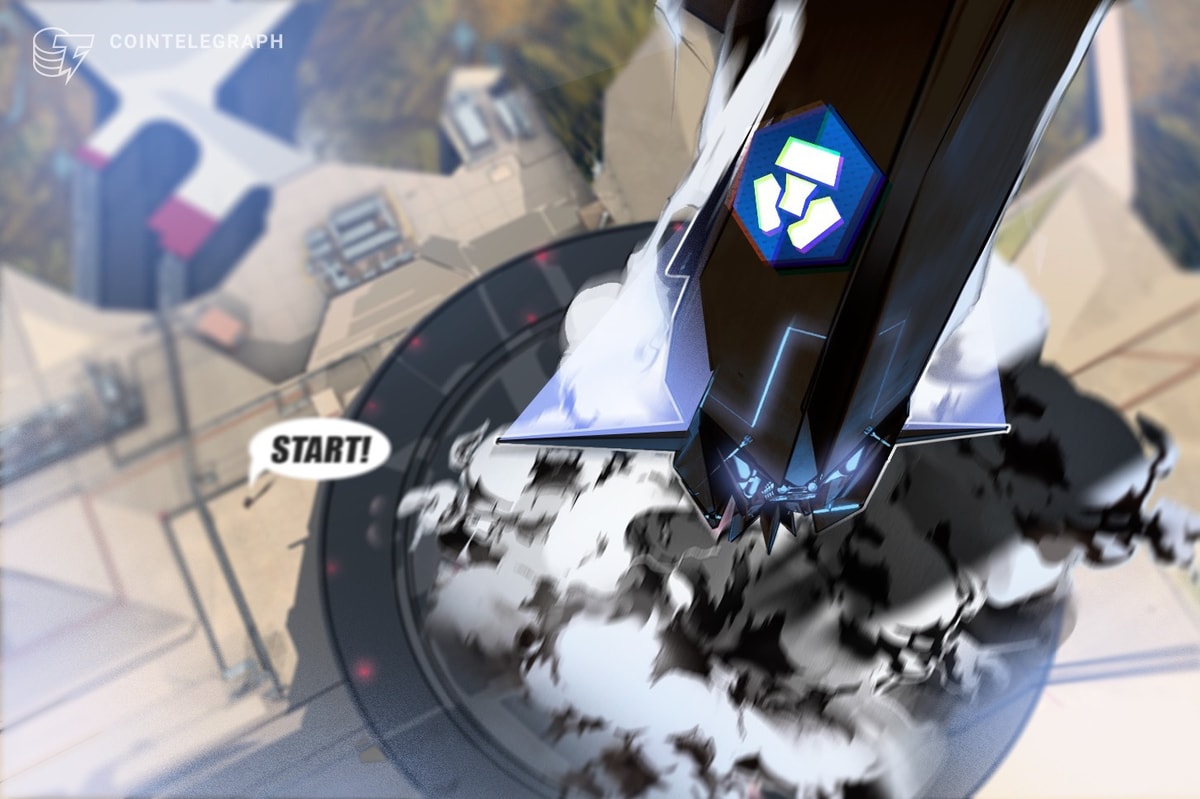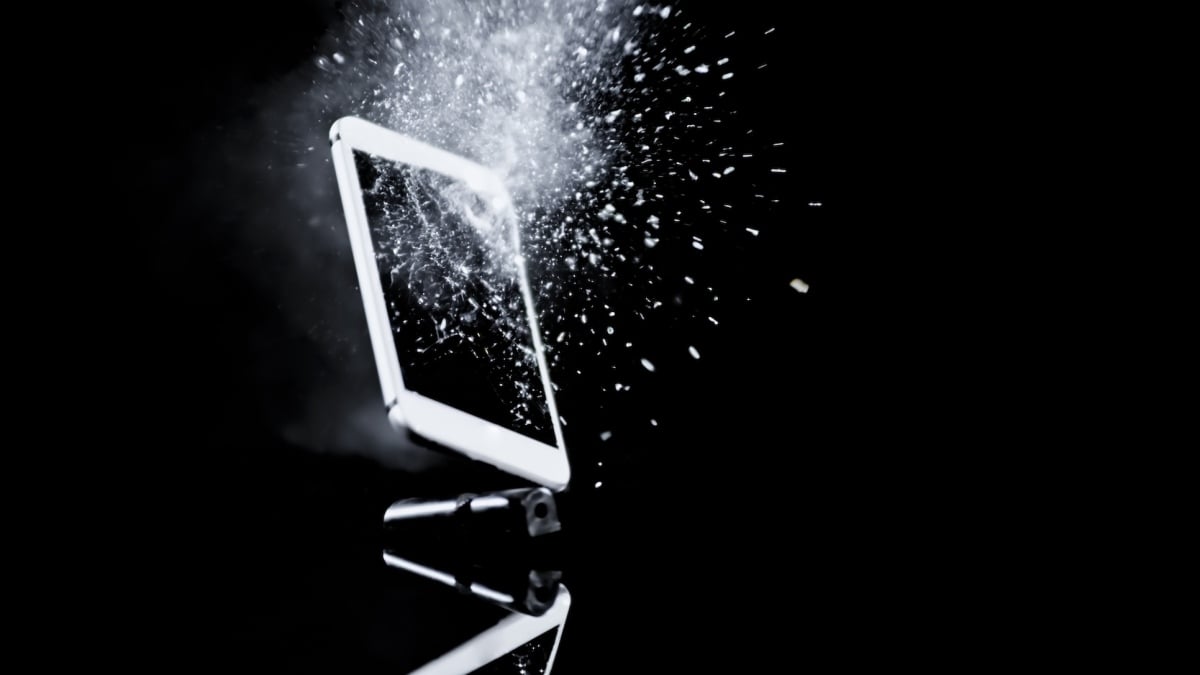
“I’m as mad as hell, and I’m not going to take it any more.”
That’s the apparently immortal line from Network, Paddy Chayefsky’s acerbic Oscar-winning masterpiece from 1976. Deranged newsreader Howard Beale (Peter Finch) urges his audience to scream it out of their windows, and his TV network capitalizes on the resulting outrage. Nearly 50 years later, Beale looks ever more the mad prophet — not just of the airwaves, but of social media.
Indeed, Beale’s line might be the only unifying scream across both sides of the political gulf, one that opened ever wider online between the 2016 and 2024 U.S. presidential elections. We don’t even agree on basic facts any more. What we do agree on is that we’re mad as hell about the other side, and we’re not going to take this nonsense from them one minute longer. Let’s find someone being wrong on the internet and dunk on them!
But in the wake of the 2024 election, it’s time to quit, even as we steel ourselves for the actual IRL fights that lie ahead. Because here’s the thing we forgot about being Howard Beale: It’s the opposite of being politically effective. It can leave you sad as hell, not to mention frazzled and sick, and you shouldn’t take it anymore.
The newsreader ended up as a conspiracy-addled cypher, his unfocused cri de coeur at
If we are to avoid becoming a world of a billion Howard Beales, then the first thing we have to do is stop the screaming — and the social media doomscrolling that goes with it. It’s not just that every click and thumb-flick of your feed is being monetized by billionaires who have already padded their wealth significantly thanks to a highly divisive election.
It’s that doomscrolling is paralyzing, and the one thing your causes need if they’re going to be effective is for you to not be paralyzed.
How I stopped worrying and learned to leave social media
Towards the end of the first Trump administration, I delved into the history of self-care as a necessary political act. The TL;DR was this: Philosophers and activists from Socrates to Audre Lorde have been trying to tell us what self-care isn’t (retreats, spas, champagne, Instagram glow-ups) and what it is (time that feeds the soul, which in turn makes you a better citizen, able to use your strength to help the underprivileged in any society).
Mashable Light Speed
But, as I realized sending that story to send to friends who were burned out or terrified by the 2024 election results, I hadn’t exactly been take my own advice. Twitter was my social media outrage drug of choice, one I persuaded myself I needed for work even as I largely abandoned Facebook. The end result: I too had gotten mad as hell. Even in the wake of a billionaire buying it and turning it into X, an echo chamber that boosts hard-right voices including his own, even as I posted much less as a result, I persuaded myself of the importance of bearing witness to the craziness in all my spare moments.
Daily I enlarged my own echo chamber — one that had convinced itself that all the wrong voices on the other side were heading for a fall.
I quit Twitter (in common with Stephen King, I still call it that) on election night, in the same way one might quit a TV show that has gone on past its time. I could see the next few episodes with Cassandra-like clarity. Twitter/X would become a dunking machine. There would be a lot of recrimination in the echo chambers of the left, a lot of woulda coulda shoulda. Keyboard warriors and bots on the winning side would be emboldened; their victims would need defending.
Mad as hell, projecting wider fears on the smallest targets, everyone from every online constituency would be highly motivated to dunk on each other for the mildest offense. Nothing, not even the doomscrolling bot, can save us from that pointless time-suck, that distraction from the real work of grieving and moving on.
In the week since I quit cold turkey, I have felt the missing limb of Twitter less than I expected. Muscle memory made me tap the X icon on my phone a couple times, so I moved it to the back of my news folder; no performative deleting necessary. Maybe someone somewhere would have had a hollow laugh at the would-be tweet that bubbled up in my head post-election: this is like if the time traveler who changed the future by stepping on a butterfly went back and stomped on it again.
But is that really the best use of my time now, throwing nerdy political posts against the wall to see if they stick?
To my surprise, I haven’t felt uninformed or disengaged. The news has come to my inbox anyway, thanks to a bunch of newsletters with a high signal-to-noise ratio, and a network of activated friends that transcends social media. I do not miss the endless dissection of each announcement from the incoming administration. My blood pressure, which hit new highs on November 5, has come down steadily ever since. Shorn of the endless scroll, I spent more time in the real world. My modest donation to an organization that funds education for girls around the world will, in the long run, make more of a difference than Ray Bradbury reference tweets.
Bluesky has seen a massive uptick in adoption post-election. My account is ready to go; depending on how 2025 plays out, perhaps I’ll join the Twitter refugees there. But not before my self-care regimen has become more soulful: more deep reading, less surface tweeting, all the better to meet the needs of a future filled with storm clouds. When society takes a dystopian turn, as I also discovered in the first Trump administration, dystopian novels provide effective frames for those who wish to change it. To quote the title of an excellent 2024 nonfiction book on the subject of psychological warfare: Stories are Weapons.
Which brings us back to the Howard Beale story. With a little tweaking, the fictional newsman’s rant — which helped yield our 21st century world — can lead us to a better one:
I don’t have to tell you things are bad. Everybody knows things are bad. There’s nobody anywhere who seems to know what to do and there’s no end to it. We sit in the house and slowly the world we’re living in — on our phones — is getting smaller. I don’t want you to protest, I don’t want you to riot, I don’t want you to write to your Congressman because I wouldn’t know what to tell you to write. I don’t know what to do about depression, and the fact that people don’t understand inflation, and the Russians, and the criminal now entering the White House.
All I know is that first, you’ve got to stop getting mad. You’ve got to say “I’m a human being, goddammit! My life has value!” Turn off your social media right now, turn it off. Feel your grief inside and declare: “I’m as sad as hell, and I’m not going to take this anymore!”
Topics
Social Good
Social Media


